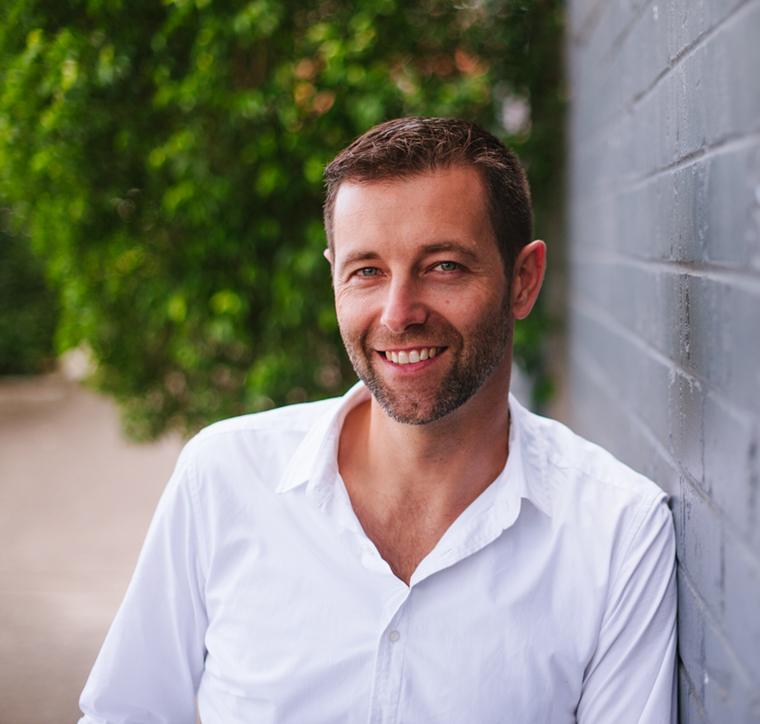Restrictions are lifting, what now?

Restrictions are steadily lifting in Australia as the pandemic, for the most part wanes. The past 3 months have been unique in our lifetime - where the whole world has faced one common enemy. I visited many housebound seniors who’ve lived through depressions, wars and other upheavals and they all found this to be like nothing else they’ve known. Even in the war they still had a strong sense of community and connection. There was rationing but not social isolation, not an impending sense of uncertainty as to if or when they would take ill just by being with others. I also get the sense more generally that people are ok but feel fatigued for reasons they can’t fully express but are nonetheless very real. This fatigue will likely continue, as will the social and economic fallout, for many years to come.
And as restrictions ease, churches across the country, and indeed the world, are now having to wrestle with the question - 'what now'?
Firstly, let’s be clear that resuming church gatherings is not going to be that simple. Even if restrictions lift on the number of people gathering to say 100, if they retain social distancing rules indefinitely then many organisations face a long list of complex compliance issues. Do you run 5 gatherings for a church of 500? What happens if too many people come to one gathering? Do you allow people to mingle in the foyer? Do you axe the worship team because singing will not be allowed? What about catering? What about children at the end of church? How do you ensure you have everyone’s contact details every time they enter the building? How do you screen everyone before they enter the building and record all their contact details? And if someone is found to have Covid19 later on, what then? How do you maintain a thorough cleaning regime before and after every gathering in every place people may have been? Who does that cleaning? Perhaps many of these questions will disappear if social distancing is lifted but I’m sure I’ve made my point that the way out of Covid is neither simple nor predictable. It also goes without saying that churches should be the most responsible organisations in a community around the protection of people – especially given the evidence that religious gatherings are ‘super spreaders’.
So, I suspect most are asking these kinds of questions as a subset of the bigger, very normal question of 'How do we get back to doing what we used to do?' In other words, the questions many are asking is when and how we get back to normal. I totally understand that question but I suspect that while they are necessary questions, they are not necessarily the most important.
I think the more important question is not when and how but what and why. What do we want to be and do next and why? The underlying thought here is that this is a defining moment in the 21st century and potentially a redefining moment for the church. This moment is an invitation to pause, pray and reflect on what it all means, what we have discovered individually and together, and how we might be the church going forward, as opposed to going back. More broadly I also suspect that many of the secular narratives that people cherished pre-Covid (health, wealth, status etc) have been shaken to the core; their temples - the shopping centres, the airports, the cafés and gyms - were lying vacant as people just focused on basic needs like food on the table and paper on the toilet roll. All this reveals how delicate our carefully constructed worlds really are and inspire fresh consideration of the deeper questions of life.
We must not miss this moment nor can we fail to offer
a compelling alternative narrative to our communities.
Before we jam the keys back into the ignition and hit the accelerator of our old life (or old church), we have a window of time in which to listen – to the leanings of God and the learnings of each other. At my church (Georges River Life Church), we have dedicated ourselves to listening to God and one another for the next few months, anticipating that in the listening we will be changed. It’s a time to reassess (personally and as a community of disciples) what matters most, to ask: what does it mean to be the church? Why do we do what we do? What do we want to be known for in our communities? What is the invitation available to us all?
We would all be wise to slow the instinctive reflex of ‘going back’, to relax our anxious thoughts about what we think we are supposed to be urgently doing as leaders, and to consider that we are not in truth, ever ‘going back’, but going forward – with Jesus, in community, for the sake of the world.











